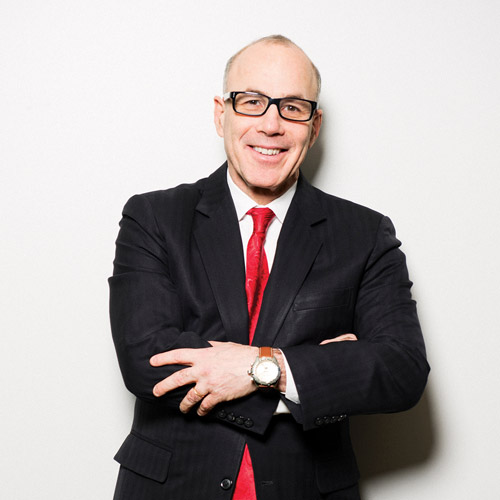Stephen Klasko, MD serves as President and Chief Executive Officer of Thomas Jefferson University & Jefferson Health.
On April 13th, Dr. Klasko will speak on a panel at Becker's Hospital Review 9th Annual Meeting. As part of an ongoing series, Becker's is talking to healthcare leaders who plan to speak at the conference, which will take place April 11-14, 2018 in Chicago.

To learn more about the conference and Dr. Klasko's session, click here.
Question: Who or what are the disruptors that have your attention? Why?
Dr. Stephen Klasko: [Capturing my attention are] creative partnerships and alliances outside of the comfort zone, [such as] CVS-Aetna, Apple Health, United-Davita. Once these [partnerships] start to involve providers and entities outside of healthcare, the lack of transparency, choice and access among traditional healthcare entities will become more glaring. I am guessing if Amazon, Facebook or Google took over a health system or insurer, the ridiculous bills hospitals send or the equally ridiculous explanation of benefits insurers provide would change rapidly.
Q: What did you notice about your healthcare experience the last time you were on the receiving end as a patient?
SK: I had a procedure [done] at Jefferson [Health] last year, and the coolest thing we started was ""virtual rounds."" While I was in the recovery room with my surgeon, I had all three of my children on iPads while my surgeon was explaining my [post-surgery] recovery. Of course, having done it a few minutes after anesthesia, [my family] claimed I offered them all new cars! But more importantly, they could talk to the surgeon and be reassured. Then it struck me — it wasn't the technology that enabled that — we could have done it with Facetime three years ago or Skype five years ago or with the phone anytime in the 20th century. We just didn't think consumerism was important.
Q: When was the last time your organization responded to concerns or needs expressed by physicians? What unfolded?
SK: At Jefferson, and before that in Tampa, we launched a leadership institute to grow the next generation of leaders in healthcare. What is significant is that the people chosen are neither the ""current leaders"" or the ""loud detractors,"" but rather they are the often-ignored, at the middle of ""potential."" We made a decision to ""train the trainers"" among the current leaders, leave alone the loud detractors, or those we call administrative hospice, and concentrate on the emerging leaders who will change the culture. [They will] not be ""victims of change"" but instead, will be excited about a transformed healthcare system.


